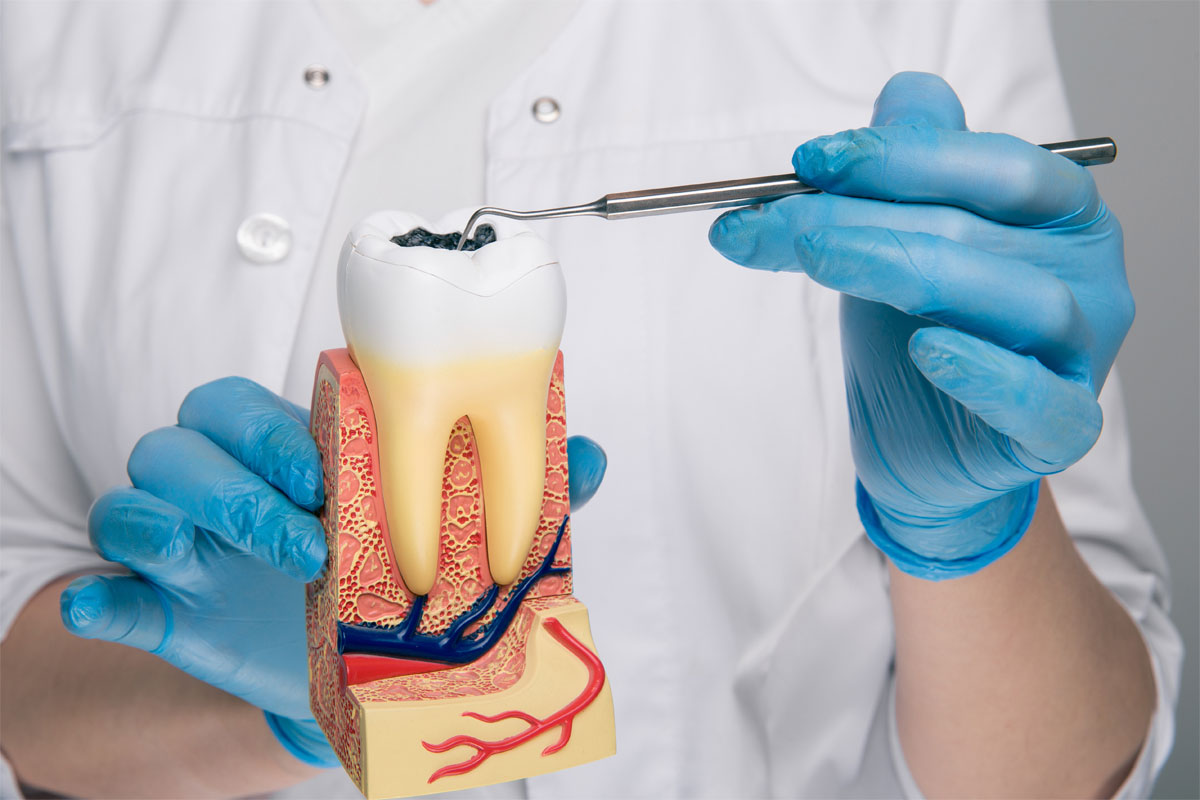Fluoride Treatments

Fluoride Treatments at Gulf Coast Health Center
Every day and night, acid-producing bacteria attack our teeth, causing tooth decay, which leads to cavities and other serious oral health problems. These bacteria are contained in a sticky substance called plaque. Acid from the bacteria inside plaque breaks down the enamel on teeth, creating caries (cavities) in their structure. Sometimes daily brushing, flossing, and regular dental cleanings still aren’t enough to defend teeth against plaque.
Fluoride is a mineral that has the ability to rebuild microscopic caries in teeth, before they turn into serious cavities. When treated early enough, fluoride can help restore the structure of a person’s teeth, preventing the formation of cavities.
Types of Professional Fluoride Treatments
Fluoride can be found in regular drugstore toothpaste and mouthwashes, but these products contain nowhere near the amount of fluoride found in professional treatments. Fluoride can be administered in two ways:
1. Systemically – Fluoride taken orally or in fluoridated water
2. Topically – Fluoride applied in a gel, foam, varnish, or mouth rinse solution
Professional fluoride treatments with a dentist are usually administered topically. The dentist might paint or brush a sticky varnish or foam onto the teeth, ask the patient to swish a mouth rinse for a certain amount of time, or apply fluoride with gel-filled trays. To ensure the fluoride has time to strengthen teeth, patients should not eat or drink anything for at least 30 minutes following a fluoride treatment.

Tooth Decay Risk Factors: Why You Might Need a Fluoride Treatment
If you have any of the following risk factors, fluoride treatments could help you protect your teeth:
- Poor oral hygiene
- Lack of professional dental care
- Orthodontic dental treatment
- Fillings
- Tooth decay
- High level of bacteria in mouth
- Dry mouth caused by lower salivary flow
- Receding gums
- Poor diet
- Alcohol or drug abuse
- Eating disorders
- Radiation treatment of the head or neck
Dentists also use fluoride treatments to safeguard the teeth of normal, healthy children and adults. Sometimes dentists recommend fluoride treatments even when no risk factors are present.
Ask Our Dentist about Fluoride Treatments at Your Next Appointment

If you have not received a fluoride treatment for a while or if you have any of the above risk factors, we encourage you to ask a Gulf Coast Health Center dentist about fluoride treatments during your next dental cleaning and exam. For more information, contact one of our five locations today.


